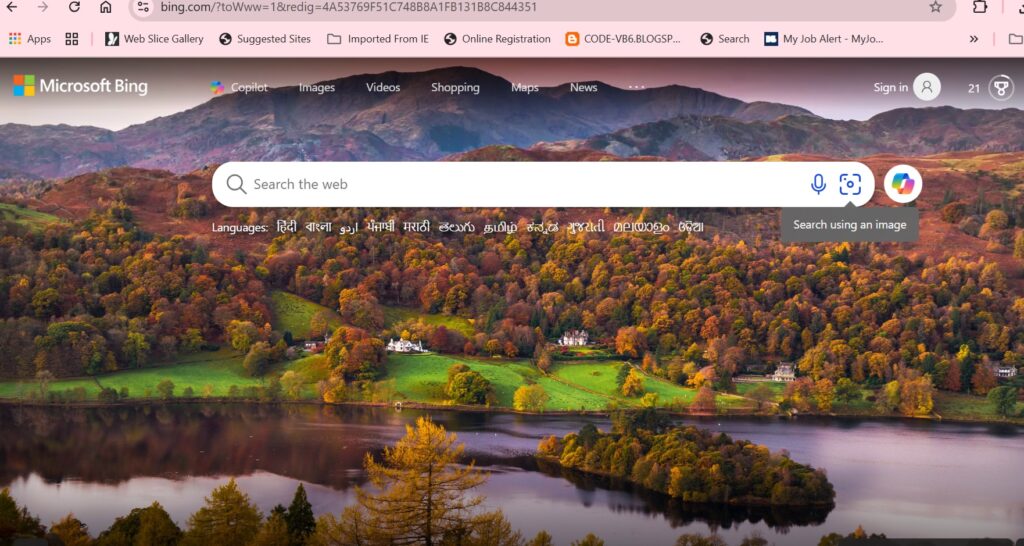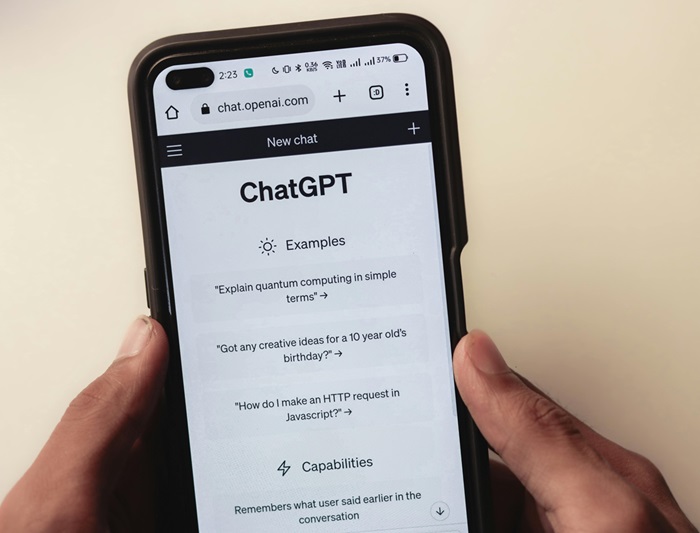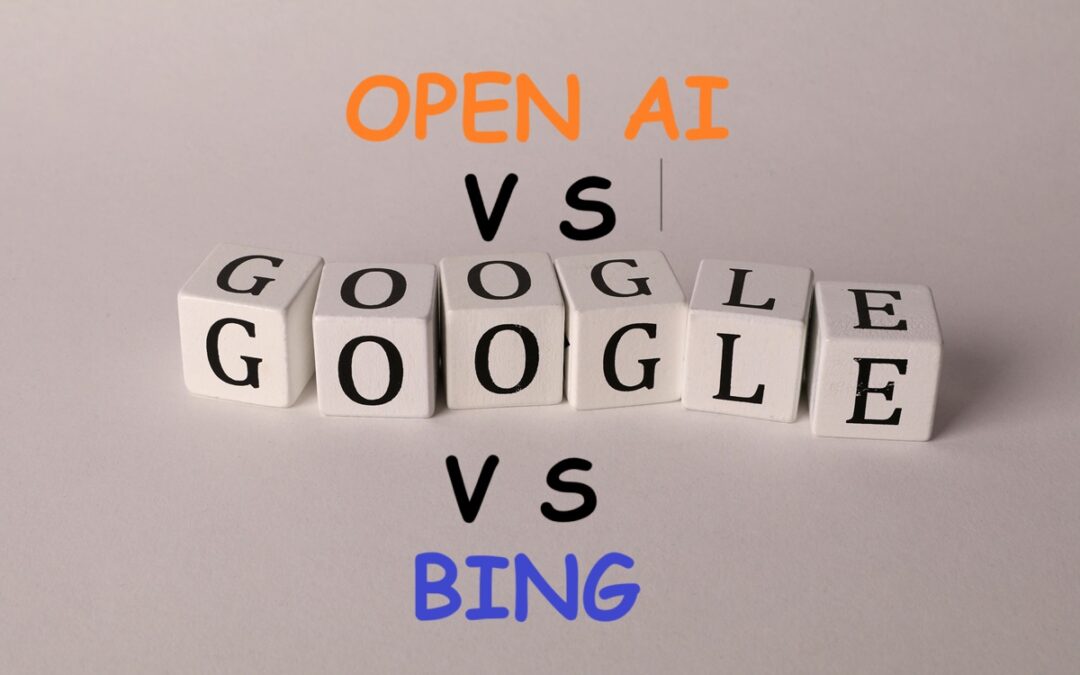AI Search: OpenAI vs. Google vs. Bing
In our modern digital world, search engines have become essential tools for navigating the internet, finding information, and even aiding in complex decision-making. Google has long held the title of the go-to search engine, setting the standard for speed, accuracy, and reliability. Bing, powered by Microsoft, serves as a major competitor with a range of useful features and has a dedicated user base. Recently, OpenAI’s ChatGPT has emerged as an innovative search assistant, offering a fresh, conversational approach to finding information.
Each of these search engines brings its own strengths and weaknesses, making them suitable for different types of users.
The Evolution of Search Engines
Search engines have evolved significantly over the past two decades, driven by advancements in algorithms, artificial intelligence, and data analytics. Google launched in 1998, quickly rising to dominance by perfecting search relevancy and indexing the internet at an unprecedented scale. Bing, which Microsoft introduced in 2009, aimed to provide an alternative to Google with added visual elements and deep integration with Microsoft’s ecosystem.
The entry of OpenAI’s ChatGPT as a search assistant marks a new era in how we interact with search engines. Instead of relying solely on indexed web pages, ChatGPT uses conversational AI to offer information, generate ideas, and provide a more interactive experience. With search technology shifting toward AI-driven models, it’s worth examining how these three platforms meet today’s needs.
Google Search Engine

Key Features
Google’s approach to search focuses on indexing billions of web pages and ranking them based on relevance, accuracy, and user intent. The Google Search algorithm incorporates machine learning and artificial intelligence, enabling it to deliver highly relevant results in fractions of a second. Google’s Knowledge Graph helps it understand relationships between topics, allowing for quick answers to factual questions directly in search results.
Advantages
Speed and Efficiency: Google delivers results quickly and accurately, catering to various needs, from casual searches to complex inquiries.
Advanced Tools: Google offers a suite of complementary services, including Google Maps, Google News, and Google Scholar, which are well integrated into its search engine.
Personalization: Google uses extensive data collection to tailor results to user preferences, improving relevancy and user satisfaction.
Continuous Innovation: With frequent updates to its algorithm and new features like Google Lens, the platform continuously enhances the search experience.
Limitations
Privacy Concerns: Google’s personalization comes at a cost, as it gathers significant user data to refine its algorithms. This has raised concerns about privacy and data security.
Advertisement Volume: Google’s reliance on ads can sometimes clutter search results, making it harder to distinguish between paid and organic content.
Bias and Manipulation: Critics have raised concerns about the potential for bias in Google’s results, as its ranking algorithms may sometimes favor certain sources or perspectives.
Bing Search Engine

Key Features
Microsoft Bing, while often considered secondary to Google, has carved out its niche by offering a distinct user experience. Bing is known for its visually appealing interface, extensive multimedia search options, and integration with Microsoft products. Bing’s image and video search features are highly rated, offering unique functionalities like hover-over previews for videos.
Advantages
User Interface: Bing’s visually engaging homepage, with daily images and easy navigation, appeals to many users.
Rewards Program: Bing Rewards incentivizes users to perform searches by offering points redeemable for gift cards and other items, adding an interactive layer.
Video and Image Search: Bing excels in image and video search, offering features like video previews, which enhance multimedia search experiences.
Integration with Microsoft Services: As the default search engine for Windows devices, Bing is conveniently embedded within Microsoft’s ecosystem, benefiting users who rely on Windows and Office products.
Limitations
Market Share: Bing’s smaller user base can lead to less frequent updates and a reduced scope of web indexing compared to Google.
Ad Saturation: Bing also displays ads, although they tend to be less intrusive than Google’s. However, the ads can still distract from organic search results.
Algorithmic Limitations: While Bing’s algorithm is strong, some users feel it lacks the precision and speed that Google provides for complex searches.
OpenAI ChatGPT as a Search Engine

Key Features
ChatGPT, powered by OpenAI, is not a traditional search engine in the sense of indexing the web. Instead, it functions as a conversational assistant that provides answers, ideas, and solutions based on a vast dataset of pre-existing information. ChatGPT can handle complex queries in natural language, creating a unique experience where users feel they’re conversing with an informed assistant rather than sifting through search results.
Advantages
Conversational and Contextual Responses: ChatGPT understands context, allowing it to answer follow-up questions and clarify details, making it ideal for users who need in-depth answers.
Idea Generation: Beyond search, ChatGPT can help brainstorm, draft text, or provide creative inspiration, offering value beyond simple information retrieval.
Less Ad-Dependent: ChatGPT currently provides information without displaying ads, making it a distraction-free alternative for users.
Detailed Explanations: Unlike Google or Bing, which might show links, ChatGPT often provides detailed explanations within the chat itself, which can save time for users who want direct answers.
Limitations
Limited Real-Time Information: ChatGPT’s information can be outdated if it’s not connected to the internet for real-time updates.
Potential for Inaccuracy: ChatGPT’s responses are generated based on patterns, which means it may occasionally produce inaccurate or generalized information.
Lack of Source Transparency: ChatGPT doesn’t display the sources of its information directly, which can be a drawback for users who need verified sources or references.
Benefits for Different Types of Users
Everyday Users
Google remains a top choice for its speed, accuracy, and range of services, but Bing is a suitable alternative for those looking for a more visually immersive experience. ChatGPT, while not as fast with factual searches, is excellent for users seeking an interactive assistant that can help brainstorm ideas or clarify complex topics.
Business Professionals
For business users, Google offers tools like Google My Business, Google Analytics, and various ad services that can aid in business growth. Bing provides unique value for Microsoft users with seamless integration. ChatGPT, on the other hand, can help professionals generate content, answer industry-specific questions, and streamline repetitive tasks.
Students and Researchers
Google is the preferred engine for academic research, offering resources like Google Scholar. Bing offers a similar experience with its academically focused tools, though on a smaller scale. ChatGPT serves as a helpful supplement for concept explanations, essay drafts, and idea generation, although it should be used with caution for factual accuracy.
Conclusion
While Google continues to dominate as the most widely used search engine, Bing and ChatGPT offer valuable alternatives for users with specific needs. Google’s comprehensive services and reliable accuracy make it ideal for general and professional use. Bing’s unique interface and rewards program appeal to casual users who value aesthetics and incentives, while ChatGPT’s conversational interface serves as a powerful tool for in-depth, creative inquiries and problem-solving. Ultimately, the choice between these platforms depends on user preferences, privacy priorities, and the kind of information or assistance required.
Disclaimer
This blog provides a comparative overview of Google, Bing, and OpenAI’s ChatGPT for informational purposes only. The goal is to help readers understand the distinct characteristics of each search platform without bias or endorsement. As search engines and AI technology evolve, each of these platforms will continue to change, potentially affecting their strengths, limitations, and privacy policies. The information provided here is based on current knowledge, and users are encouraged to explore each platform to see which best meets their specific needs. We advise readers to stay informed about updates to privacy practices, technological advancements, and new features that may impact the search engine experience.


Wonderful blog! I’d love to know your hosting provider—your site loads incredibly fast. If you have an affiliate link, please share it. I’d like my own site to run this smoothly!
Dear Kevinm thanks for appreciating . you can use the my following affiliate link of my hosting provider https://cart.hostinger.com/pay/c4865277-d142-4eb2-ae81-d556d2a8e8ba?_ga=GA1.3.942352702.1711283207